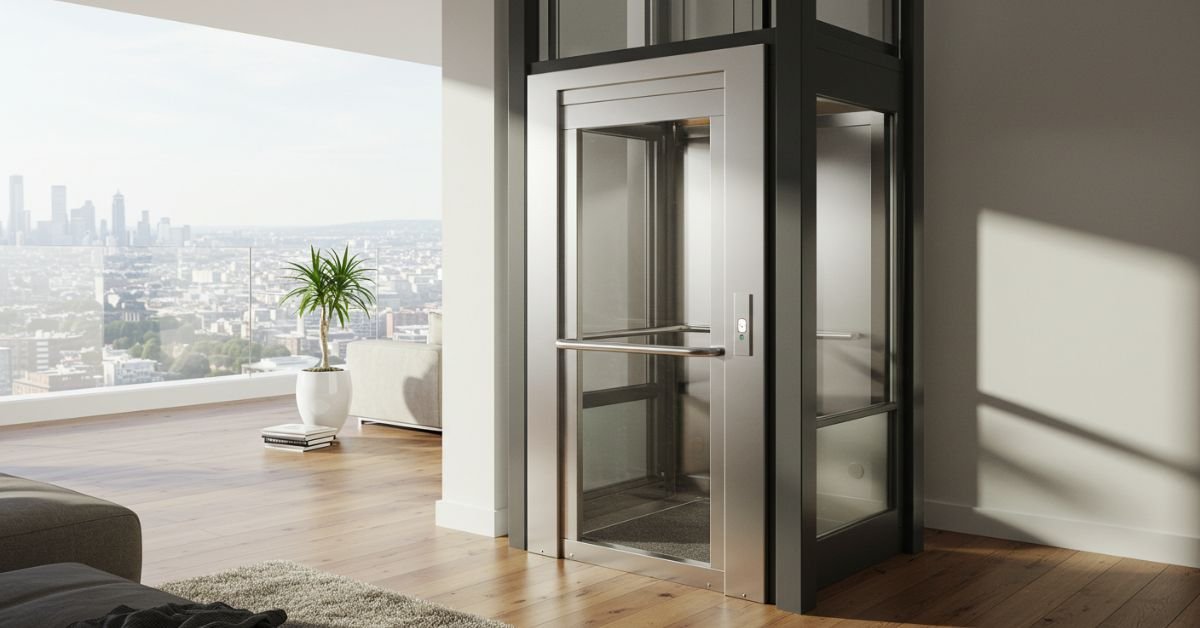Adding a home elevator can dramatically improve your property’s accessibility, safety, and value. Whether you are building a new home or renovating an existing one, selecting the right system is a decision that will impact your daily life for years to come. Companies like CHS Elevators specialize in helping homeowners find the perfect match, offering options that combine modern design with reliable performance. However, before you commit, it is essential to understand the factors that go into making the right choice.
Home elevators are no longer just a luxury for large estates. They are becoming increasingly popular in regular homes, townhouses, and multi-story residences. The reasons are clear: they improve accessibility for individuals with mobility challenges, increase property value, and make daily life more convenient. Carrying heavy groceries, moving laundry, or transporting furniture between floors becomes easier and safer. For many homeowners, installing a residential elevator is also a way to future-proof their home, ensuring it remains accessible as they age.
When it comes to selecting the right system, understanding the different types of elevators available is crucial. Hydraulic elevators operate using a piston and pump system, providing a smooth ride and the ability to handle heavier loads, although they typically require a separate machine room. Traction elevators use steel ropes or belts attached to a counterweight, offering efficient operation and often coming in machine-room-less designs that save space. Pneumatic or vacuum elevators use air pressure to move the cab, are compact in design, and are often ideal for retrofitting into existing spaces with minimal construction work required.
The location and space available in your home are major factors in your decision. You need to determine whether there is room for a traditional shaft or if you should opt for a shaftless design. Your home’s structural strength must also be evaluated to ensure it can support the weight and mechanics of the elevator. Some homeowners choose to install elevators outdoors to save interior space, while others integrate them into existing stairwells or unused corners to maintain their home’s layout.
A home elevator is not just a functional feature; it can also be a design statement. Many manufacturers allow for full customization, from cab materials such as glass or wood veneer to the choice of lighting styles that create a welcoming ambiance. Door styles can be sliding or swinging, and modern control systems may include touchscreen panels or even voice-activated commands. The ability to match the elevator to your home’s décor ensures it blends seamlessly with the surrounding architecture rather than appearing as an afterthought.
Safety features are another key consideration. The right home elevator should include an emergency stop function, a battery backup to ensure operation during power outages, and secure door interlocks that prevent opening between floors. Some models offer automatic rescue systems that move the cab to the nearest floor if the power fails. Investing in safety features provides peace of mind for you and your family.
Maintenance is an ongoing part of owning a home elevator, and selecting a system that can be easily serviced will save you time and frustration. A good maintenance plan includes regular inspections, lubrication of moving parts, and safety checks to ensure the system continues to operate smoothly. Choosing a reputable provider with strong after-sales support ensures that repairs are handled promptly and efficiently.
Cost is always an important factor. Prices for residential elevators vary depending on the type, size, level of customization, and the complexity of installation. While a basic model might cost between twenty and thirty thousand dollars, high-end luxury models with custom finishes and advanced features can exceed sixty thousand dollars. It is also important to consider ongoing maintenance costs when calculating your long-term budget. Sometimes, choosing a more expensive model from a reputable provider will save money over time due to greater reliability and energy efficiency.
Your choice of installer is just as important as the type of elevator you choose. Working with a local company that understands building codes in your area can prevent costly mistakes and delays. Look for a provider with a proven track record of successful installations in homes similar to yours, along with a reputation for excellent customer service. The best companies will guide you from the design stage through installation and offer long-term maintenance plans to keep your elevator running smoothly.
The home elevator industry is constantly evolving, and modern technology is making these systems smarter and more efficient. Some models now integrate seamlessly with home automation systems, allowing you to operate the elevator remotely or through voice commands. Energy-efficient drive systems are reducing power consumption, and touchless control features are improving hygiene by minimizing contact with buttons. These advancements mean that your investment can be both functional and forward-looking.
A home elevator is far more than a convenience; it is a long-term investment in the comfort, safety, and value of your property. By carefully considering the type of elevator, the available space, design preferences, safety features, and installation budget, you can make a decision that suits your lifestyle and home design. Working with an experienced provider such as CHS Elevators ensures you will receive professional guidance, high-quality installation, and dependable service for years to come. Choosing the right home elevator will not only improve the functionality of your living space but also enhance the overall appeal and market value of your property.
